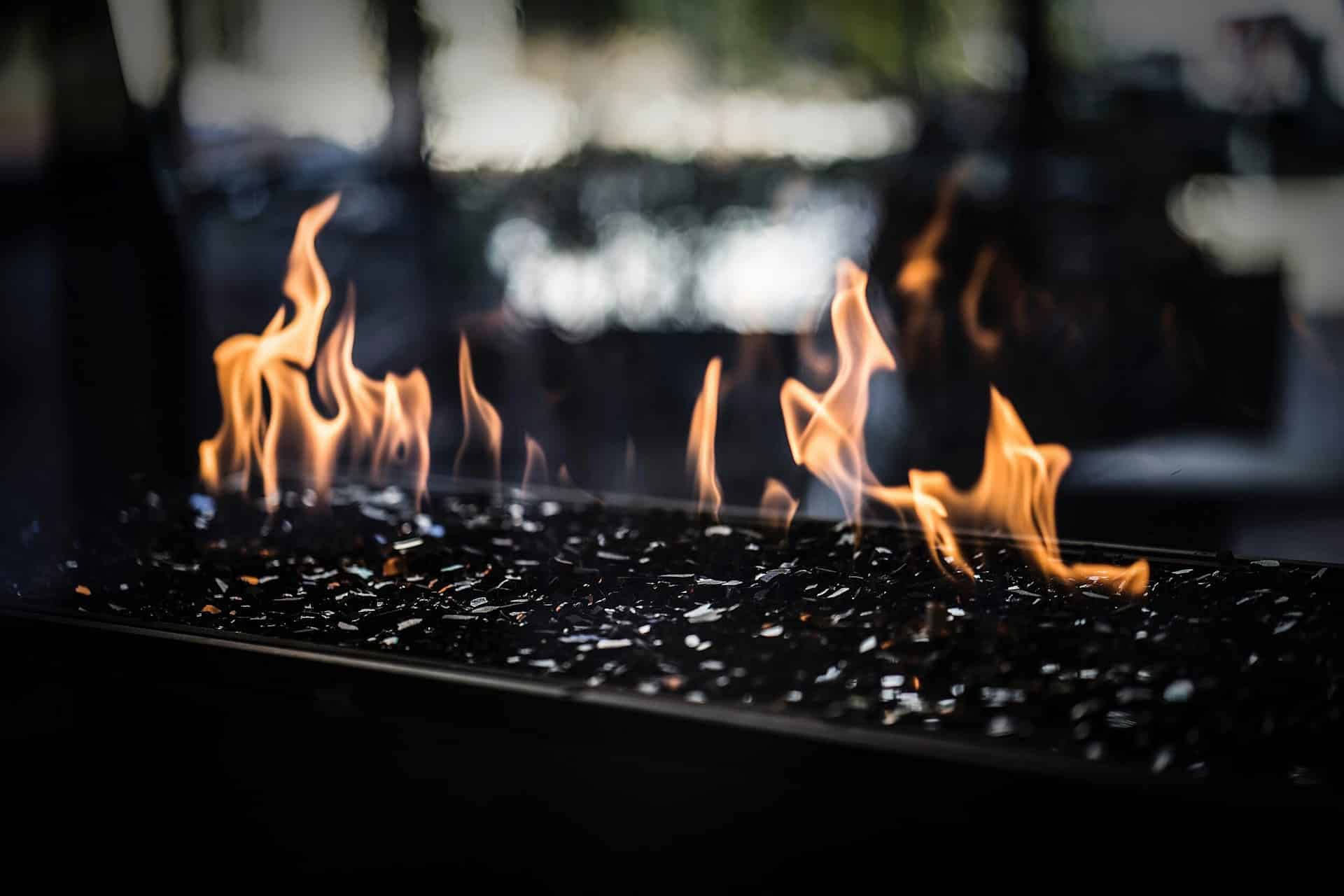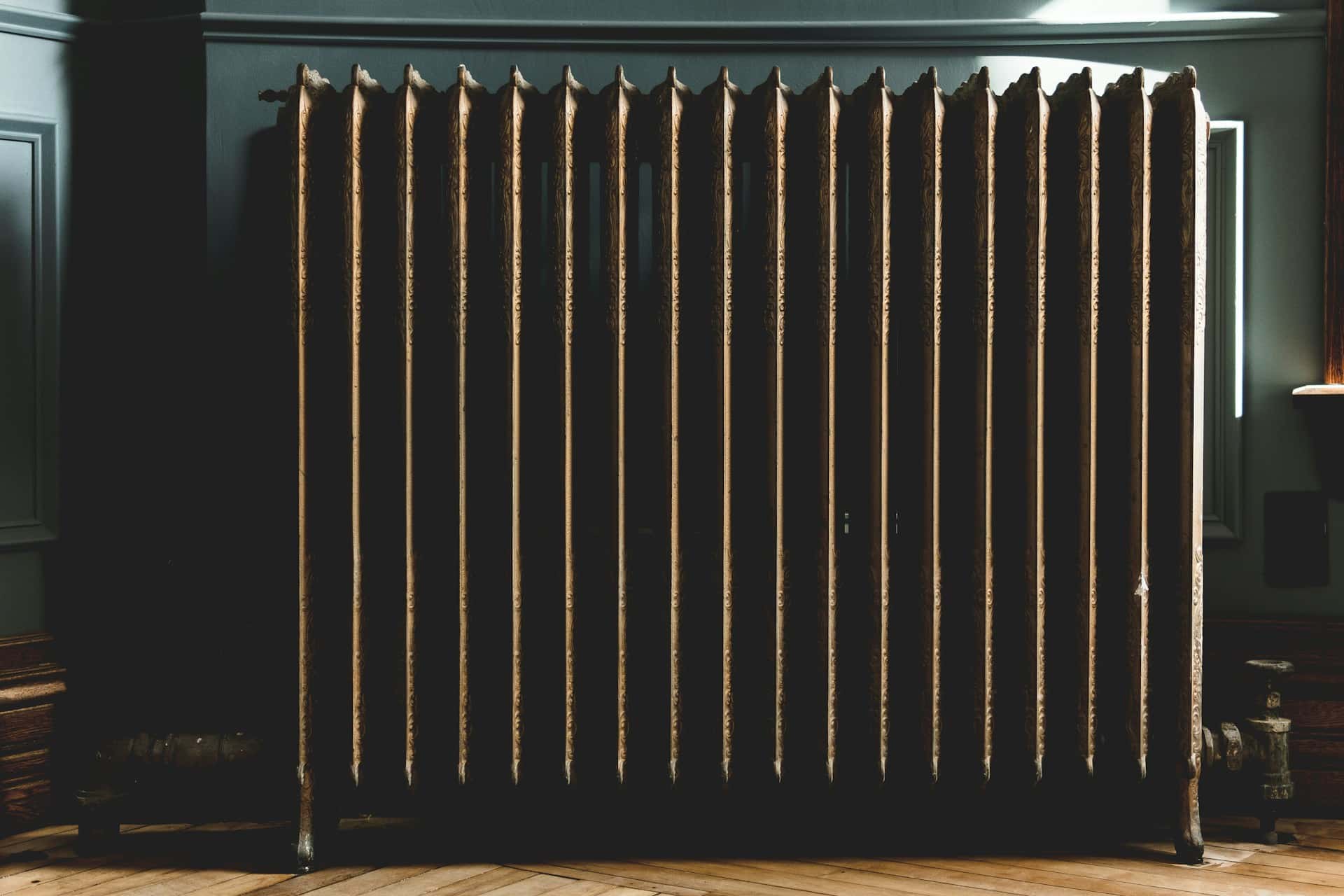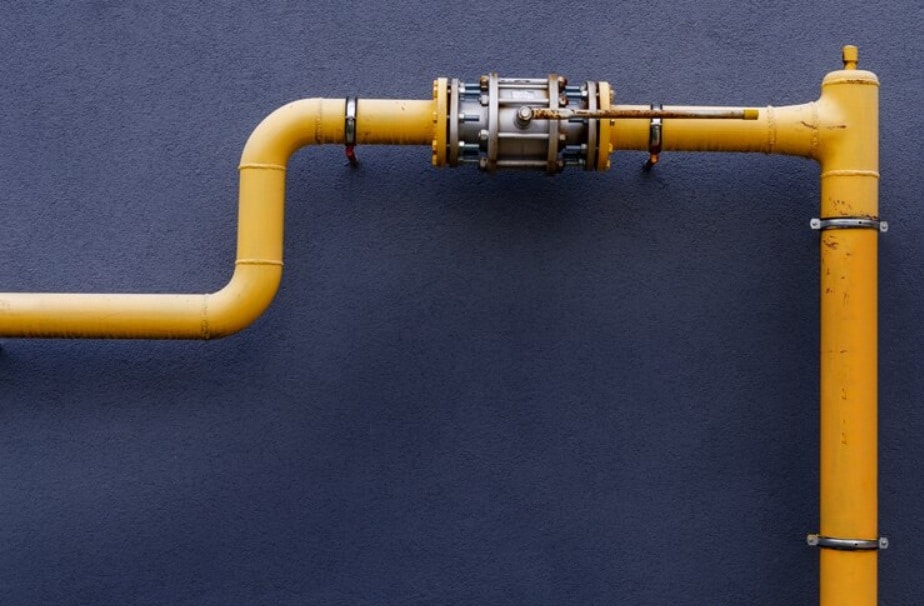Having a cozy and warm home is what everyone dreams of when the chill hits the air, but a gas fireplace requires some upkeep to keep it running smoothly and efficiently. Maintaining your fireplace is not just about having a perfectly flickering flame; it’s also about safety and smart use of resources. Regular attention can lead to fewer surprises and more toasty evenings by the fire.
Think about a cold winter evening when you want to enjoy the warmth of your gas fireplace after a long day. If it’s well maintained, you won’t have to worry about it being less reliable or a troublesome repair. Regular care not only keeps your fireplace efficient but extends its lifespan and keeps it safe for your whole family.
Regular Cleaning and Inspection
Cleaning your gas fireplace involves some easy steps that can make a big difference. Keep the glass clean so you can enjoy the view without smudges blocking the beautiful flame. Here’s how you can maintain your gas fireplace:
– Glass Cleaning: Use a specific cleaner meant for fireplace glass. Avoid regular cleaning agents that might damage or leave residue.
– Log and Burner Dusting: Dust off the logs and burner a few times a year. Don’t forget to check for debris that might block the path of the gas.
– Check for Soot Buildup: Excess soot is a clue that something might not be working right, so keep an eye on this during cleanings.
Professional inspections are just as important as doing it yourself. Why? They spot the problems that might not be visible. An experienced eye can make sure everything is in tune and safe. Typically, an annual inspection checks the ignition, the gas lines, and ensures that everything is running perfectly. Keeping these inspections in mind helps avoid any unexpected fireplace troubles, making sure warmth is always just a switch away.
Checking the Thermostat and Pilot Light
Another key part of keeping your gas fireplace in top shape is making sure the thermostat and pilot light are working properly. Your thermostat controls how your fireplace heats, so having it set and functioning right is crucial. It’s quite simple—check if the thermostat is responding correctly when you adjust it. If you notice any delays or inaccuracies, it might be time for a professional to have a look.
The pilot light is the little flame that keeps your fireplace ready to go. If it’s been out or flickering, you’ll want to make sure there’s no dirt blocking it. Here’s a quick rundown of how to check and maintain the pilot light:
1. Check the Manual: Always start by looking at the manufacturer’s instructions for your specific fireplace model.
2. Inspect the Area: Look around the pilot light area for any dust or debris.
3. Note the Flame Colour: The flame should be blue. If it’s yellow or weak, this could mean a more significant issue and a professional should be called.
Keeping everything in good working order helps your fireplace stay efficient and safe, offering peace of mind during chilly months.
Ensuring Proper Ventilation
Ventilation plays a huge role in how well your gas fireplace operates. Properly vented fireplaces remove combustion gases out of your home safely. Ensuring those vents and flues are clear is vital for your comfort and health. A blocked vent might lead to unwanted gases circulating in your home.
To keep your ventilation system functioning well:
– Clear Blockages: Regularly check both indoor and outdoor vents for leaves or debris.
– Periodic Cleaning: Have flues and vents cleaned professionally every year to prevent buildup.
When those chilly Oshawa nights hit, clear vents ensure the air in your home stays fresh and the fireplace performs its best.
Scheduling Annual Maintenance
Regular maintenance is essential for keeping fireside evenings both lovely and trouble-free. Scheduling professional checks every year means experts can spot what’s needed and often fix potential issues before they become real problems. You shouldn’t have to worry about your fireplace when the snow starts falling.
During an annual maintenance visit, professionals generally check:
– Safety Mechanisms: Ensuring everything from the ignition to the sensors meets safety standards.
– System Integrity: Examining the overall system for rust, wear, or any signs of failure.
– Efficiency Check: Looking over all components to keep everything running as energy-efficient as possible.
By keeping an eye on these elements, maintenance ensures your fireplace remains a safe and snug centrepiece that makes home time during the long Canadian winter comfortable and inviting.
Trusting a professional for your heating system ensures your gas fireplace runs efficiently all winter long. If you need reliable care for heating and air conditioning in Oshawa, Fortis Heating & Air Conditioning has you covered. See how we can keep your home warm and safe throughout the cold months.






